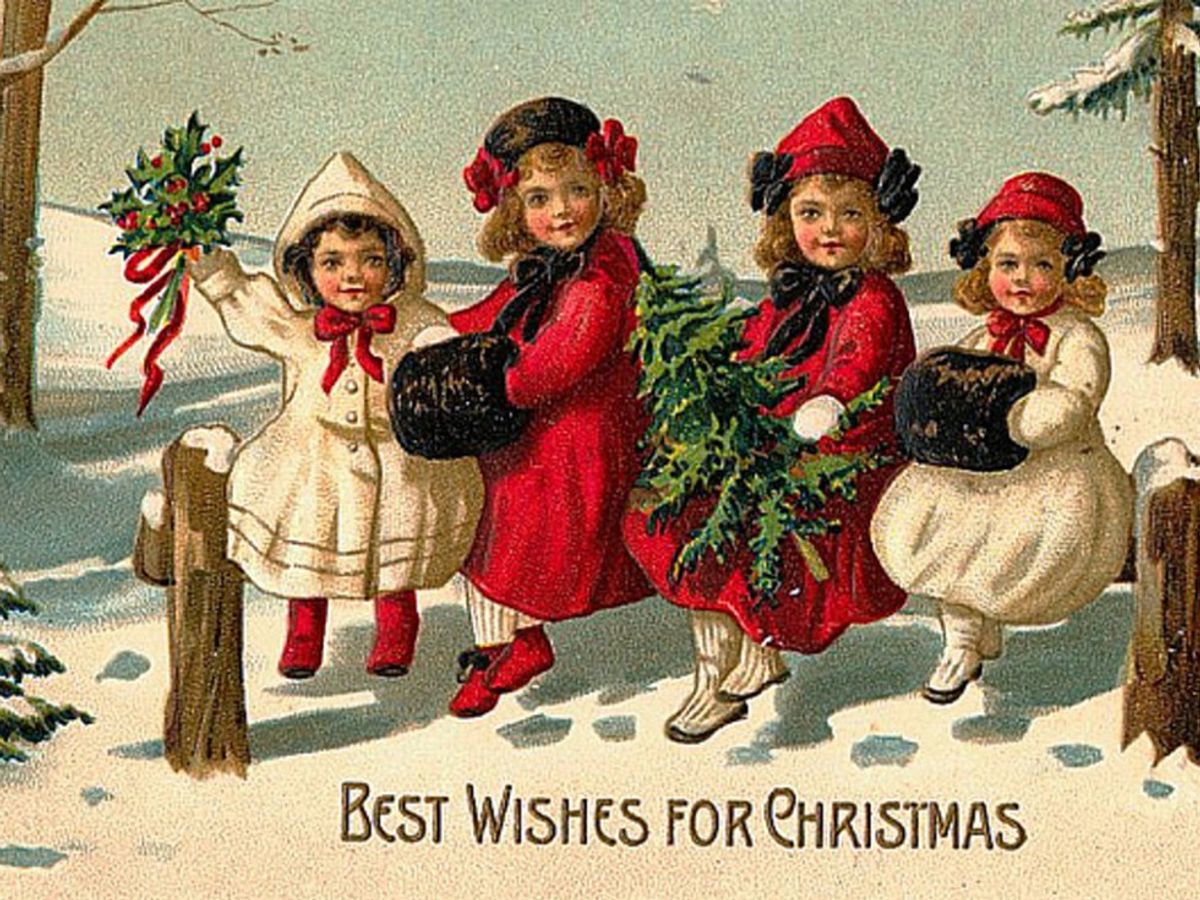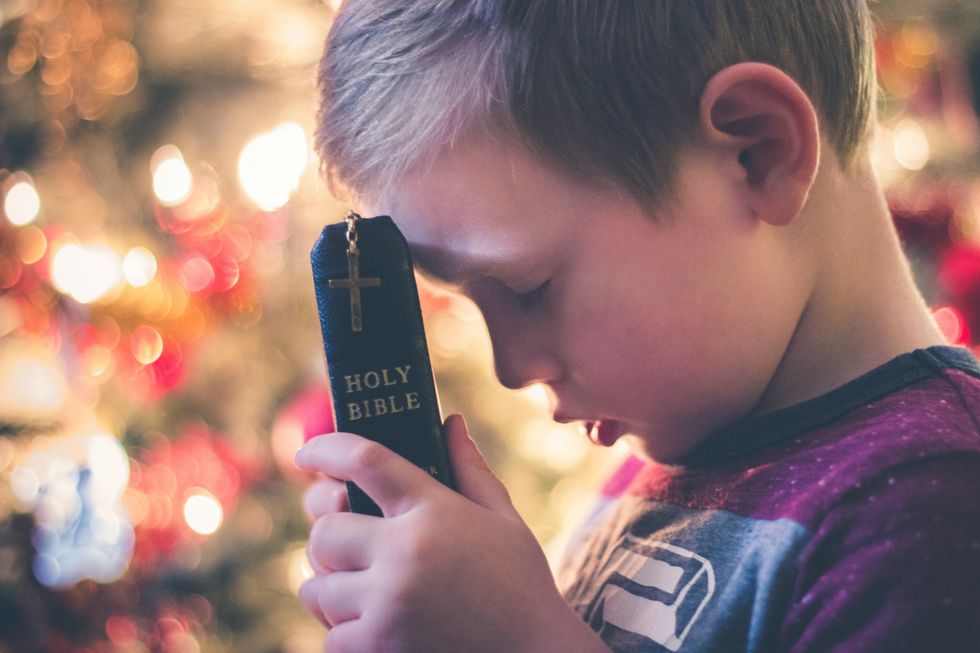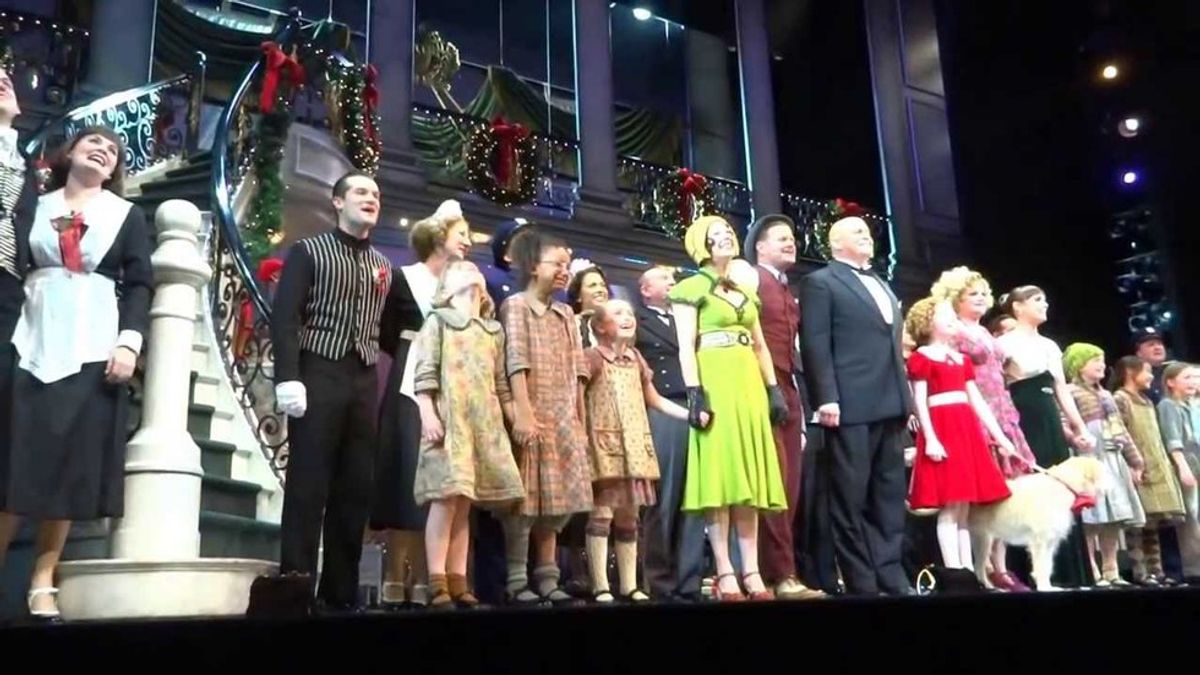"My son was dead, and is alive again; he was lost, and is found." - Luke 15:24
The first two parables of the gospel I have studied, as a new Christian, are the Parable of the Pharisee and the Tax Collector and the Parable of the Prodigal Son - not only are they good places to start, but my deep readings and guidance of my faith community provide a deep sense of what faith is all about to me. While I have already written about the Parable of the Pharisee and the Tax Collector, this is my attempt to make sense of the Parable of the Prodigal Son.
Jesus Christ shares this parable with an audience of "tax collectors and sinners" and "Pharisees and scribes." The former draw near to Jesus, while the latter resent him: "This man receives sinners and eats with them." In many ways, this parable, as well as the Parable of the Pharisee and the Tax Collector, are both targeted toward this particular audience.
In the parable, there is a wealthy man with two sons. The younger son asks for his inheritance, and then the father divides his property between the two. The younger son goes afar and parties away his inheritance, and then a famine arises in the country. The younger son is in such deep hunger and need that he starts to each pig feed. He eventually goes home, kneels before his father, and says, "Father, I have sinned against heaven and before you. I am no longer worthy to be called your son. Treat me as one of your hired servants." (Luke 15:19-20)
The father, instead of chastising the son, brings him his best robe, a ring, shoes, and throws a party to celebrate his return. This is when he claims his son's revival. But the older son, upon coming back from the field and hearing the news, is furious and refuses to enter the party. In this perceived slight, he says to his father, "Look, these many years that I have served you...you never gave me a young goat...But when this son of yours came, who has devoured your property with prostitutes, you killed a fattened calf for him!" (Luke 15:30-31) This time, the father responds, "your brother was dead, and is alive; he was lost, and is found." (Luke 15:32)
Not only does this parable show me God's gift of unconditional love - that God will accept us no matter what, but it also gives me a guide on how to go about my new faith, and how to live and act around others. In the audience, sinner and tax collectors can identify with the younger son, while the Pharisees and scribes can identify with the older one. The father represents the Heavenly Father - and that his love for his sons isn't contingent on their moral deeds and acts, but instead on their willingness to turn to God in deep need.
I used to believe in the idea of karma, but I don't anymore. In my studying for the MCAT, I learned about the just-world hypothesis, the belief that people deserve their whatever circumstances or consequences that come to them. If there's one thing I've learned in my 21 years alive, it's that that isn't true, and that people's circumstances don't often make sense - that's why we ask "Why?" to the higher powers we believe in. Job's friends in the Old Testament were widely condemned for internalizing this - and arguing with Job, telling him he must have done terrible wrongs to deserve his suffering.
Tim Keller, founding pastor of the Redeemer Presbyterian Church, says that both the elder and the younger brother are "running from God." "You can run from God either by breaking his rules or by keeping them." But the difference between the brothers is that the younger brother goes home righteous at the end of the day. The elder brother does not. In this, Keller distinguishes between a self-proclaimed "religious person" (the elder brother) and a "true Christian" (the younger brother).
"ReligiouspersonsobeytogetleverageoverGod,tocontrolhim,toputhiminapositionwheretheythinkheowesthem.Therefore,despitetheirmoralandreligiousfastidiousness,theyareactuallyattemptingtobetheirownsaviors...[true] Christians...obey him out of a desire to love and please and draw closer to the one who saved them."
Keller goes on to say that both brothers, at the start of the parable, wanted the wealth of the father, not the love of the father himself. In the younger brother's sin, as well as the elder brother's righteousness, both are trying to obtain his material wealth and possession. "They are both ways to become your own Savior and Lord." He then says that younger brothers, in the real world, are more open to being true Christians and more open to the gospel than elder brothers: younger brothers see their need for the father's love and grace, and elder brothers, in their righteousness, do not. "See how hard it is for religious people to believe they are running from God!"
He later says this about the younger brother: "If you believe you are a sinner and saved by grace alone, you will not feel superior to anyone else, not to other cultural or racial groups, not to other faiths, not to immoral people...you will treat others with hope...you will be very courageous in your witness. You will not be bound by what people think of you."
The true elder brother, Keller says, is Jesus Christ. Instead of trying to get all of what his father owned, he "came out and searched for us, and found us in the pigsty, and carried us home on his shoulders singing with joy. And he gave us his robe, his ring, his place, his wealth - all at his own expense."
So what do I gain from this? I'm not a "true Christian," by Keller's definition, in the slightest. I've lived as an elder brother for how I've compared myself to others and thought of myself in my peers in the past, but I realize, from Keller's interpretation and the parable itself, that we are all in this together. It is not a competition against the next person, nor a race to the finish - we are all "running from God" in our own ways, and we will all suffer and die. It's how we live in relation to another, in relation to God that matters.
So the Parable of the Prodigal Son teaches me to live with humility, to reach out for help when in need, instead of trying to be my own savior and God. It teaches me that I'm not better than anyone, and that I should not act like I am, because, like the younger brother, I was also saved time and time again by the unconditional love, generosity, and kindness of the people around me. It teaches me to try to have the emotional humility to forgive and not judge, for these people loved and forgave me time and time again, so why does it matter if someone else wrongs me or lives in a way I don't approve of?
Will I be any different the next time you see me? Probably not. But this reading of the parable gives me hope and joy, and the direction to try.





 Christmas and New Year gift card
Photo by
Christmas and New Year gift card
Photo by  butter cookies on plate
Photo by
butter cookies on plate
Photo by  boy holding Holy
boy holding Holy 









